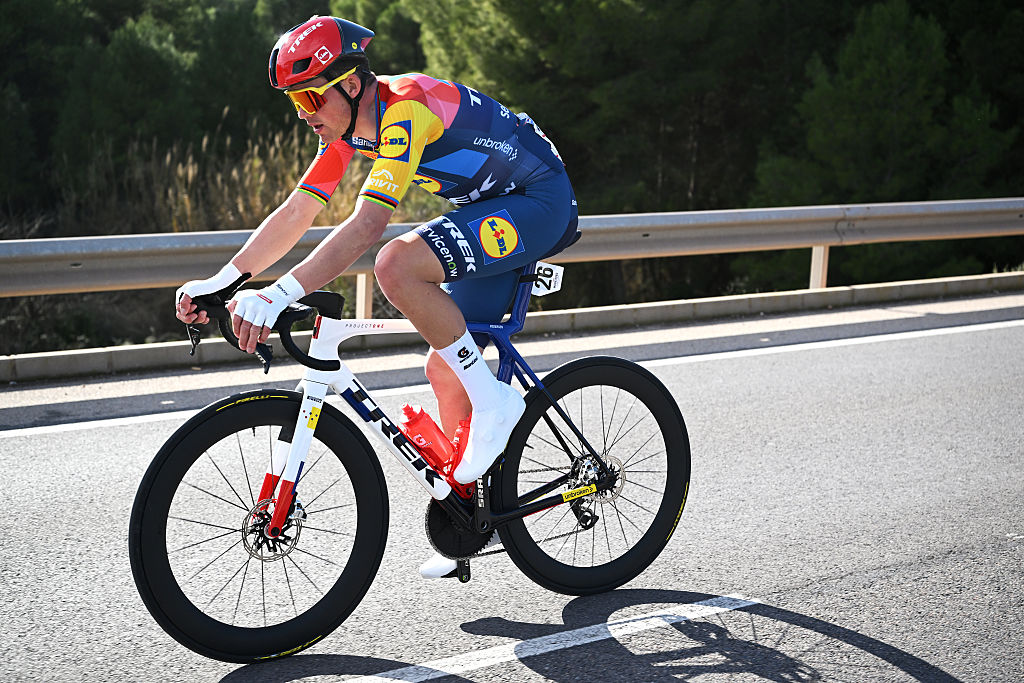Sexism allegations at British Cycling lead to sweeping changes
UK Sport calls for cultural 'health check' for all sports
The latest race content, interviews, features, reviews and expert buying guides, direct to your inbox!
You are now subscribed
Your newsletter sign-up was successful
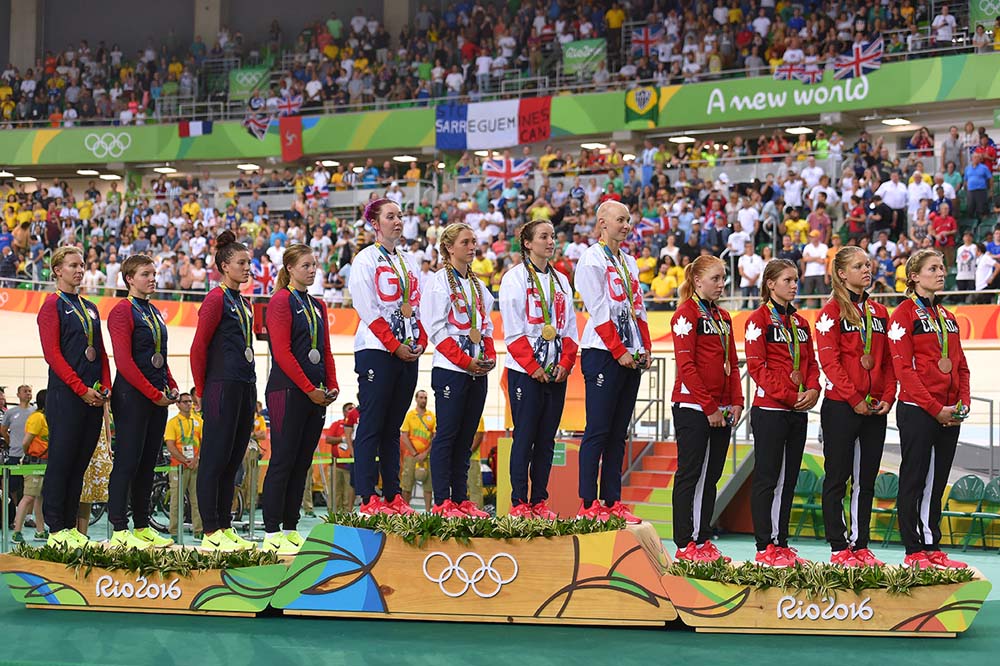
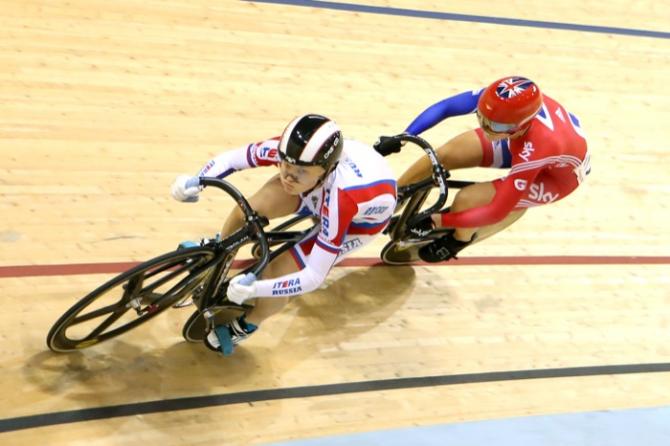
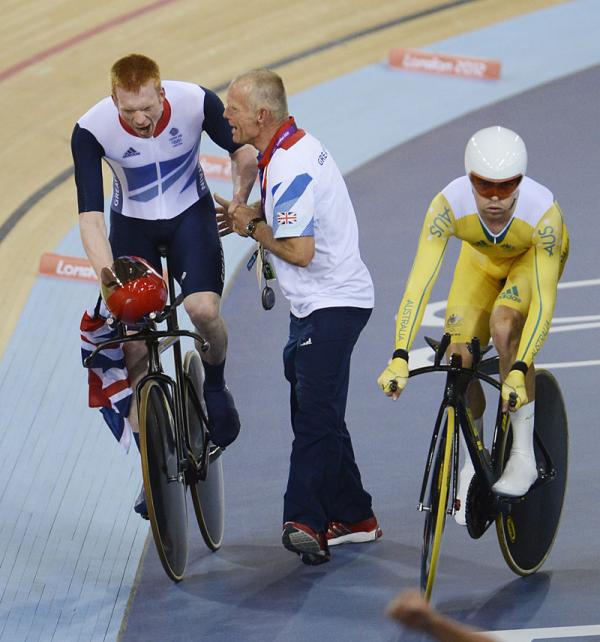
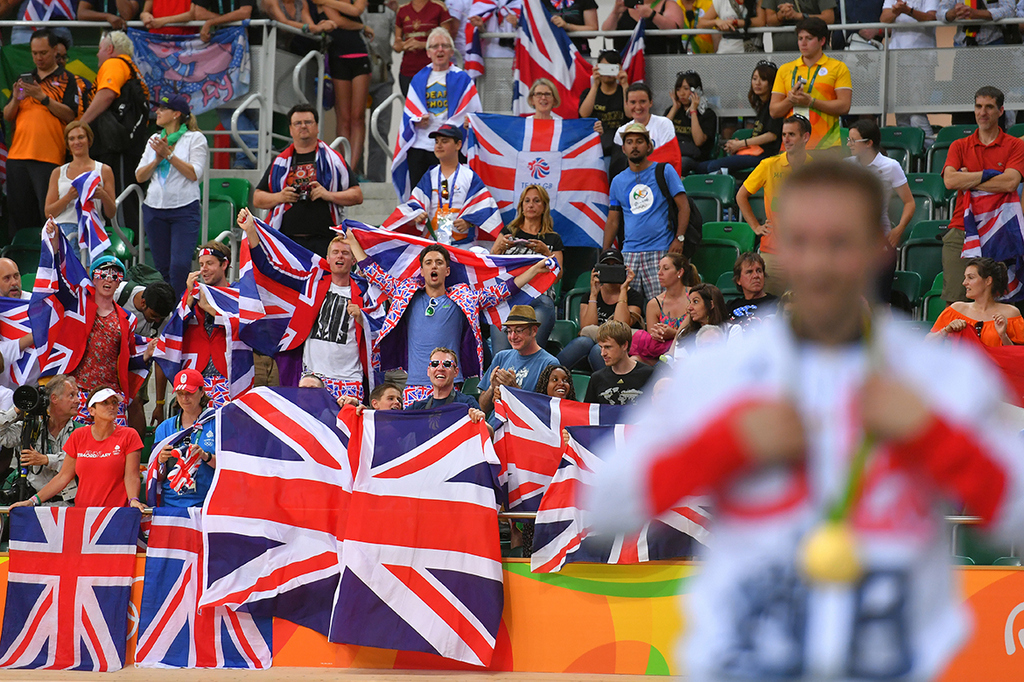
Its final report has not yet been published, but the independent review of British Cycling's world class programme has already sparked sweeping changes across all funded Olympic sports to put more emphasis on culture, communication and care for athletes. UK Sport has pledged to implement what it calls a cultural "health check" across all sports in the build-up to the 2020 Olympic Games in Tokyo.
Shane Sutton resigns amid sexism and discrimination claims
Varnish relieved after British Cycling upholds sexism allegations against Sutton
Sutton: I told Varnish to 'lose some timber' but not to 'have a baby'
Varnish steps up case against Sutton with British Cycling
Report into 'culture' at British Cycling expected in February
Cooke calls out British Cycling for 'blatant sexism'
Barker: Sexism in cycling is 'not always blatantly obvious'
Report into British Cycling sexism and bullying allegations delayed until next month
British Cycling accused of burying 2012 report detailing bullying
Varnish lawyers accuse British Cycling of withholding information
British Cycling will also address alarming cultural deficiencies after allegations of sexism and discrimination arose last year, leading to the independent review. On Thursday it announced a detailed plan and timeline for the next year to overhaul its constitution, management structure, code of conduct and governance.
The announcement comes one day after a Parliamentary hearing highlighted glaring deficiencies in British Cycling's medical records practices in relation to a delivery to Team Sky for Bradley Wiggins at the 2011 Criterium du Dauphine, a case that together with the accusations of sexism has plunged British Cycling into crisis.
The independent review into the high performance programme, led by Annemarie Phelps, was commissioned by British Cycling and UK Sport after track sprinter Jess Varnish accused technical director Shane Sutton of using sexist language. Varnish had been critical of Sutton's leadership in the programme's failed attempt to qualify the women's team sprint squad for the Olympic Games in Rio and was then dropped from the World Class Programme. British Cycling's internal inquiry upheld one of nine allegations against Sutton, who had resigned from his position but insisted that he was innocent of the charges, vowing to appeal.
However, Varnish's accusations of sexism in the world class programme were backed up by Nicole Cooke, Victoria Pendleton and Emma Pooley, leading to the independent inquiry. The panel collected multiple witness testimonies, but its final report has been delayed due to legal concerns over protection for those who gave evidence.
British Cycling, which expressed its commitment to publishing the review's findings "in as open and transparent a way as possible, as soon as possible", has been provided 'high level themes' from the initial findings, and has created a corrective plan of action head of the 2020 Olympic Games in Tokyo that forms part of a cultural "health check" across all funded sports.
- British Cycling sexism and discrimination crisis - Timeline
- Jess Varnish makes sexism allegations against Shane Sutton
- Pendleton and Cooke claim British Cycling is rife with sexism
- British Cycling announces independent review following sexism allegations
- Shane Sutton resigns amid sexism and discrimination claims
Jonathan Browning, who recently took over as chair of British Cycling from Bob Howden, chalked up the issues to growing pains during the rapid ascension of British Cycling.
The latest race content, interviews, features, reviews and expert buying guides, direct to your inbox!
"The failures within our World Class Programme occurred at a time when our sport and indeed the wider UK high performance system were undergoing rapid transformation in terms of realising unprecedented medal success on the world stage. Nonetheless, athlete and participant welfare is our highest priority and we deeply regret any instance where we have failed to deliver," Browning said.
The action plan makes sweeping changes to athlete development, management, and governance within British Cycling, removing "departmental silos" and unifying the federation under a "unified leadership structure". It introduces annual appraisals, external reviews every four years, annual staff surveys, and professional development training for staff "focussing on core skills, interpersonal skills, leadership and communications".
"This is not about complying to protect funding, this is about running and leading our organisation in a way that is consistent with our ambition to be a world class governing body and a great place to work," Browning said.
The plan also calls for "diversity and unconscious bias training across all British Cycling staff and athletes" as well as a number of actions to improve the situation for athletes, including improving the line of communication to management, taking rider input for the world class programme selection process, and eliminating fees for athletes to appeal decisions on selection to the programme, among other changes.
"Athlete development has been and will continue to be the key to our success at the highest level," Browning said. "I am committed to the principle that for our elite success to be sustainable, we must become leaders for the sector in terms of the way our riders are supported as they join our programmes, as they progress through them and, whatever they have achieved on the way, as they leave. I want to see our ex-athletes saying 'that's a programme I would like to see my younger sister or brother go through'.
"Our cultures and behaviours must be a focus for the whole organisation and we will work with staff, riders and volunteers to develop a set of common values and behaviours by which the whole of British Cycling will live."
Listen to the podcast above and click here to subscribe to the Cyclingnews podcast.

